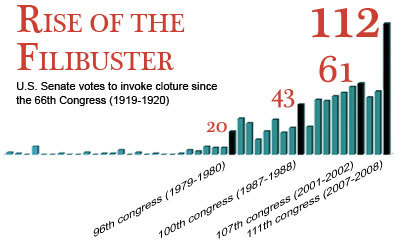WASHINGTON — With no clear path forward on major health care legislation, Democratic leaders in Congress effectively slammed the brakes on
President Obama’s top domestic priority on Tuesday, saying they no longer felt pressure to move quickly on a health bill after eight months of setting deadlines and missing them.
The Senate majority leader,
Harry Reid, Democrat of Nevada, deflected questions about health care. “We’re not on health care now,” Mr. Reid said. “We’ve talked a lot about it in the past.”
He added, “There is no rush,” and noted that Congress still had most of this year to work on the health bills passed in 2009 by the Senate and the House.
Mr. Reid said he and the House speaker,
Nancy Pelosi, were working to map out a way to complete a health care overhaul in coming months.
“There are a number of options being discussed,” he said, emphasizing “procedural aspects” of the issue.
At the same time, two centrist Democrats who are up for re-election this year, Senators
Blanche Lincoln of Arkansas and
Evan Bayh of Indiana, said they would resist efforts to muscle through a health care bill using a parliamentary tactic called budget reconciliation, which seemed to be the easiest way to advance the measure. The White House had said in recent days that it would support that approach.



